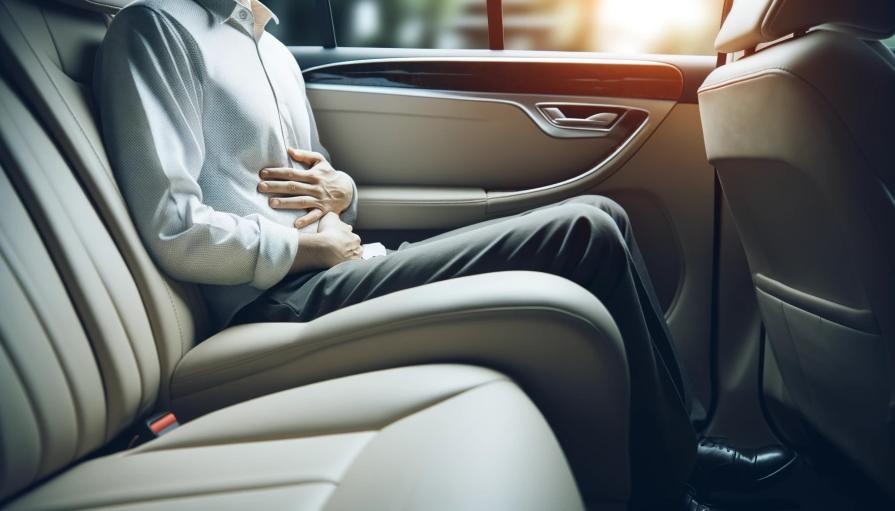Traveling is an art that brings pleasure and opens up new horizons, but for some people it can be accompanied by unpleasant sensations such as dizziness, nausea and general malaise. These symptoms can occur in a variety of situations: sailing on a yacht in the vicinity of Florida, riding a camel through the vast expanses of Cairo, or even immersing yourself in the world of virtual reality. This question is especially relevant for those who travel by car: statistics indicate that more than 50% of passengers may experience symptoms of seasickness. Why do we get motion sickness and can we fight it?
Everyone's Illness
Motion sickness on the road affects adults, children, and even pets – anyone can face a problem.
Researchers working in the conditions of rolling sailors, fishermen, marine biologists report that up to 80% of such specialists from time to time face seasickness.

With the advent of new technologies, such as 3D glasses and smartphones, it has become known about the so-called cyber disease, which occurs when looking at a screen for a long time in a moving vehicle. Andrea Bubka, a professor of psychology at St. Peter's University in New Jersey, notes the growing prevalence of this phenomenon in society: one in two smartphone users who look at the screen while driving complained of a deterioration in health. In terms of symptoms, cyber sickness is similar to seasickness and typical motion sickness.
Why do we get motion sickness?
The causes of motion sickness can be different.
- Some researchers believe that a key role is played by sensory conflict, which arises due to the discrepancy between the visual picture and the sensations of the body.
- There is another opinion, according to which the cause of discomfort is the unusual position of the body during movement - experts emphasize the importance of adapting the body to the conditions of travel.
- Genetic factors can also influence the predisposition to seasickness. A study of half a million participants identified more than 400 genetic markers that may increase susceptibility to such conditions.
Ways to Fight Motion Sickness
To prevent unpleasant symptoms on the road, it is important to prepare for the trip in advance: ensure sufficient hydration of the body, access to fresh air, and monitor nutrition. It is important to look for ways to reduce sensory conflict, for example, by focusing your gaze on distant objects – this helps to synchronize visual and vestibular sensations.

Doctors recommend special exercises and techniques for the prevention of well-being, aimed at improving postural stability and adapting to movement conditions. For example, a set of exercises designed for pilots that includes elements similar to yoga can help build resistance to motion sickness symptoms without the use of drugs. To minimize the risk of motion sickness, it is recommended to pay attention to the diet before traveling and avoid food that can provoke malaise. Other simple measures, such as choosing a place in the vehicle where there is less traffic, can also significantly improve your well-being on the road.
For those who prefer to avoid medications, there are natural remedies for motion sickness, such as ginger, which has been shown to be effective in fighting nausea. Ginger can be consumed in the form of tea, capsules, or gummies.
In addition, there are various gadgets on the market designed to relieve motion sickness symptoms, including acupressure bracelets and special glasses. Although scientists doubt their effectiveness, many travelers note an improvement in their condition when using these devices.

There are many methods to prevent and reduce the symptoms of motion sickness to make your journey more comfortable and enjoyable – it's important to remember that each person is unique, and what works for one person may not work for another. Therefore, the approach to preventing motion sickness should be individual, taking into account the characteristics of the body and the preferences of each traveler.






